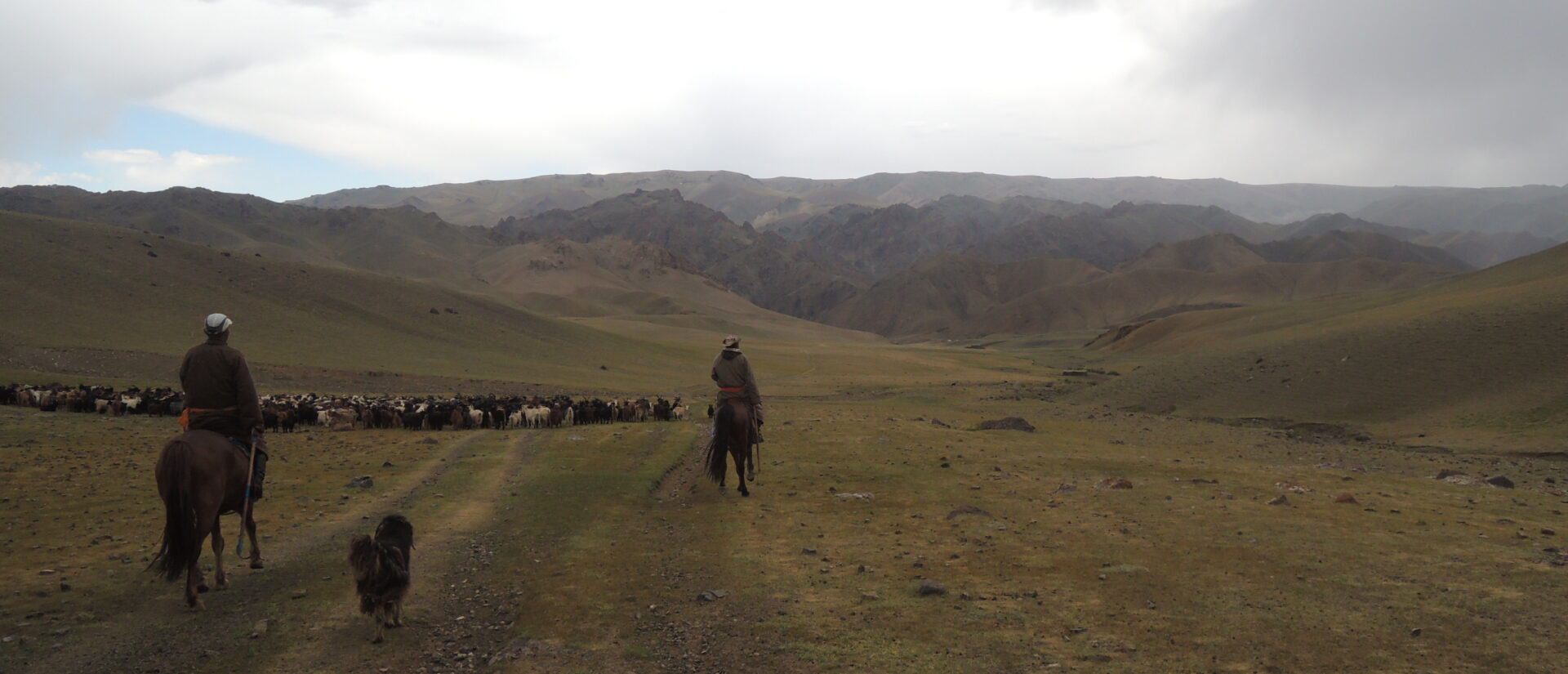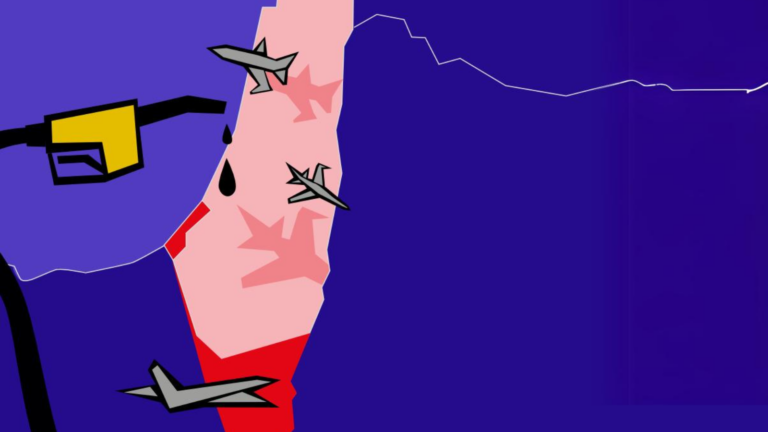
European Development Bank accepts complaint submitted by Mongolian herders about iron ore mining company
The company Altain Khuder operates the Tayan Nuur mine which allegedly has caused significant environmental pollution and the displacement of herders in the Mongolian Gobi Altai mountains. The independent accountability mechanism of the European Bank for Reconstruction and Development (EBRD), which has invested in the company, accepted the complaint last week.
The complaint, filed by seven individuals on 29 December 2014 at the EBRD’s Project Complaint Mechanism (PCM), alleges that the environmental and social impacts of Altain Khuder’s mine are inconsistent with EBRD’s policies. Herders have brought these impacts to the attention of the company on numerous occasions but rather than solving the problems the company has reacted with intimidation and legal action.
Displacement
While the herders have a nomadic lifestyle and migrate with their livestock and ger (traditional tent), they have customary grazing arrangements and a fixed winter location to which they return to survive the harsh weather conditions. Contrary to the requirements of the EBRD, the mining company has not provided them with suitable alternative resettlement sites. Some herders have received monetary compensation but this has not enabled them to access new land.
“In many places in Mongolia land is held and managed as common property, meaning that resettled herders cannot use the compensation to purchase new land with adequate pasture and a winter camp so crucial to their survival”, explains Sukhgerel Dugersuren from the Mongolian NGO OT Watch.
“There are no vacant fertile pastures with adequate water resources. All of the viable pasture is already occupied so there is nowhere else for us to go. Migrating to occupied pastures has negative implications for other herders and livestock already inhabiting the area”, states Amibuh, one of the complainants. “Land areas not in use are of inferior grazing quality, and would result in loss of herds and reduced quality of animal products, which are at the basis of our livelihoods”.
Pollution
Altain Khuder exports the iron ore from the Tayan Nuur mine to China. The gravel roads that are used for the transportation of the ore generate significant environmental pollution. Dust from the road pollutes pastureland and allegedly causes illnesses to herders and their animals. Herders, whose livelihoods depend on their livestock, claim they have lost up to several dozen animals, mainly goats and camels, due to dust-related illnesses. Pollution of air, water and food also creates risks for the health of the herder families.
A paved road is currently being constructed, but herders have not been included in planning of the route and the location of passageways for people and livestock despite the fact that this road cuts through the grazing lands and leads to road safety risks and pasture fragmentation.
Complaint
The herders, supported by OT Watch, the Centre for Research on Multinational Corporations (SOMO) and CEE Bankwatch, request that the Project Complaint Mechanism convenes a dialogue between them and the company to try to resolve issues. The herders request Altain Khuder to fully assess, disclose and adequately address the negative impacts of the mine, including the swift completion of the paved road with adequate overpasses, restoration of degraded and polluted land, and the implementation of a comprehensive livelihood restoration program in consultation with all stakeholders involved. They also request proper compensation for the loss of animals and provision of suitable resettlement locations.
Additionally, the herders request that the Project Complaint Mechanism conducts an investigation into the EBRD’s compliance with its own standards. “The social and environmental standards that are included in its investment strategies make the EBRD distinctly different from mainstream investors”, states Fidanka Bacheva-McGrath from CEE Bankwatch Network. “The fact that problems of the herders have not been solved suggests that either the EBRD’s environmental and social standards are inadequate, or that their implementation is weak”.
The complaint was officially registered on January 15th and will now move on to the next phase. The Project Complaint Mechanism will now consult with all relevant parties in order to determine if it will facilitate a dialogue between the complainants and the company, and if it will conduct an investigation into the EBRD to determine whether the Bank has complied with its owns standards.
“Given the severe negative impacts of the mining project on the herders’ lives we hope the PCM will move swiftly so that their concerns can be adequately addressed and livelihoods restored”, states Anne Schuit from SOMO. “This is also an opportunity for the PCM to show that independent accountability mechanisms of international development finance institutions play an important role in the field of business and human rights and have the ability to provide remedy for people who otherwise are left without justice”.
For the complaint, click here(opens in new window) .
For a report on a fact finding mission to the Tayan Nuur mining area in Mongolia, please click here.
For a multimedia story, please click here(opens in new window) .
For a case study on Altain Khuder and the mining project, please click here.
Related news
-
 SOMO submits input for update of UN List on corporate involvement in Israeli settlementsPosted in category:NewsPublished on:
SOMO submits input for update of UN List on corporate involvement in Israeli settlementsPosted in category:NewsPublished on: -
Chain of consequences Published on:
 Joshua RosenzweigPosted in category:Publication
Joshua RosenzweigPosted in category:Publication Joshua Rosenzweig
Joshua Rosenzweig
-
Fuelling the flames in Gaza Published on:
 Lydia de LeeuwPosted in category:Publication
Lydia de LeeuwPosted in category:Publication Lydia de Leeuw
Lydia de Leeuw

